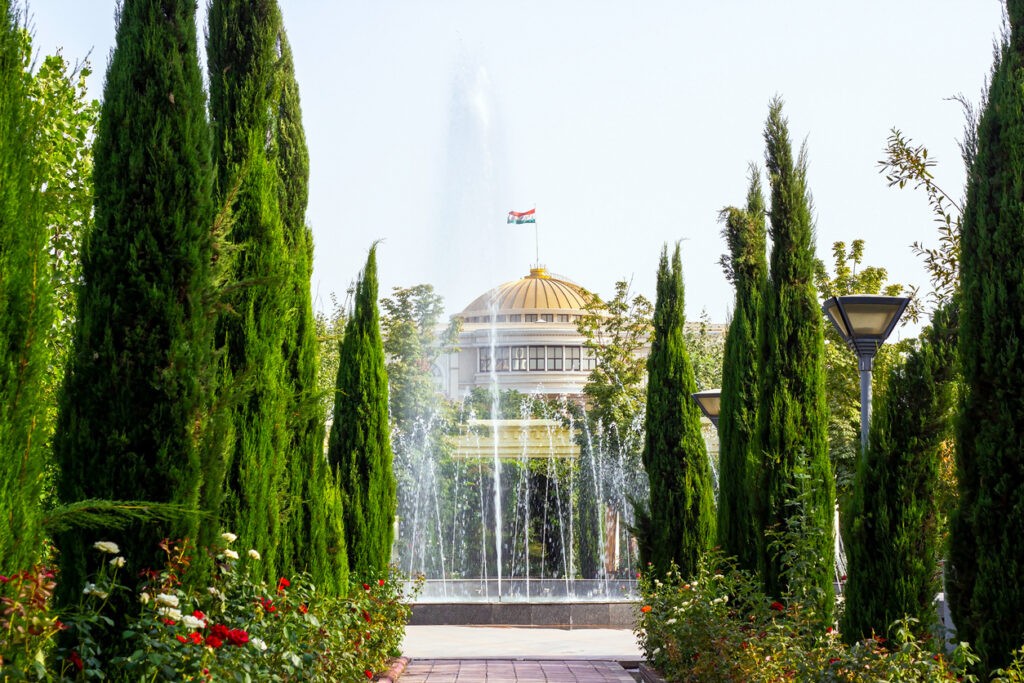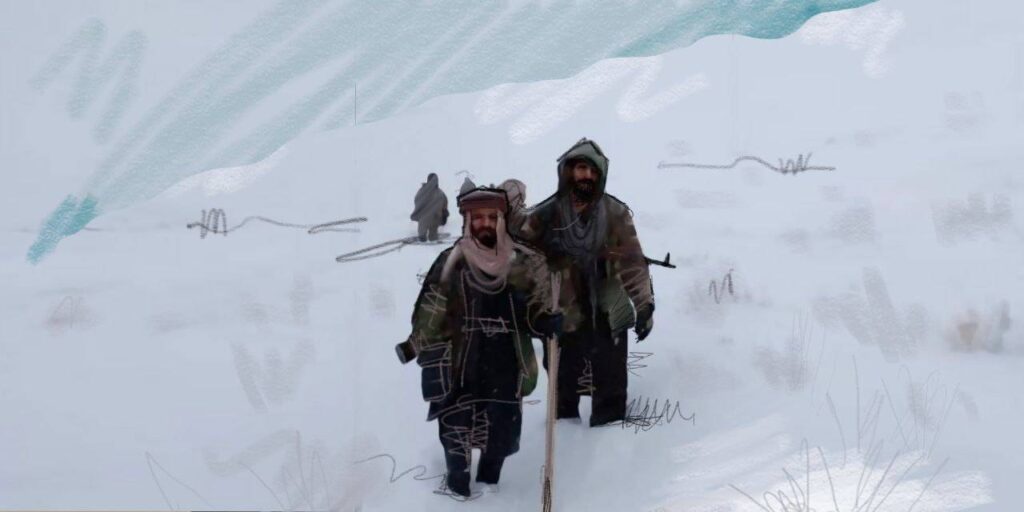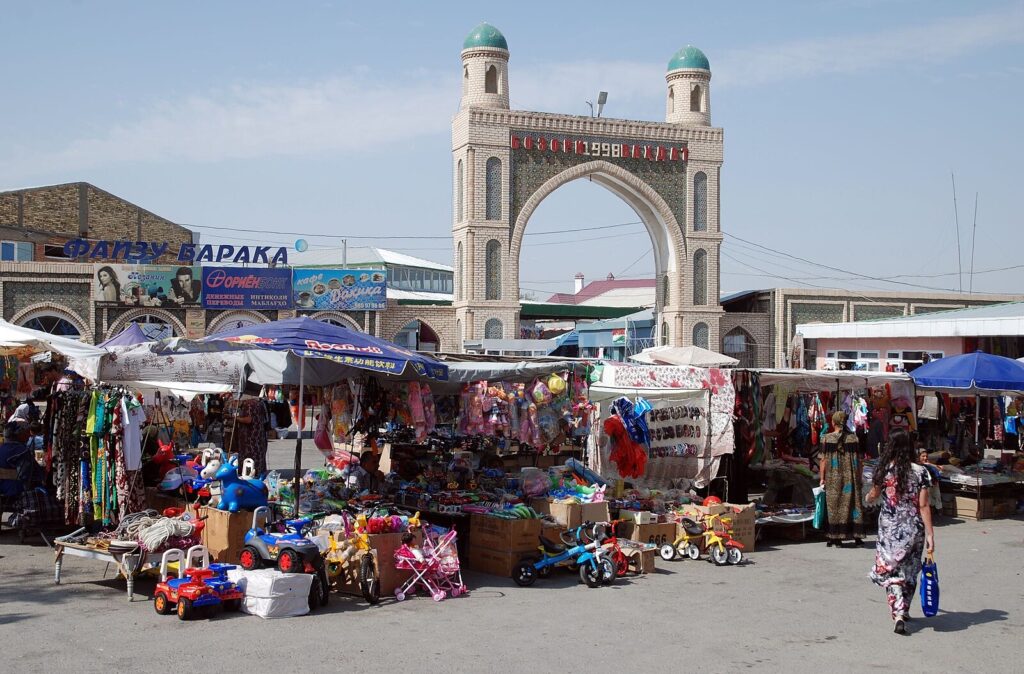Tajikistan-Born Singer, Criticized in Russia, Prepares to Release an Anti-War Song
In 2023, Tajik-Russian singer Manizha Sanghin, harshly criticized in Russia for her public comments on sensitive issues, travelled to the picturesque “Valley of the Forty Girls” in southern Tajikistan to record an anti-war song to be released on Friday. The mountainous location, known to Tajiks as Childukhtaron, derives its name from ancient lore about a group of girls who turned into towering rock formations when an invading force swept through their homeland. Whether the girls-turned-rocks were meant to block the invaders, or simply bear silent witness, depends on the telling. Tajikistan-born Sanghin said she felt an affinity for the girls as standing at the foot of the rock, she recorded ‘Gun’. Written a decade ago, the song was originally about the devastating civil war in Tajikistan in the 1990s but had been put to rest after being abandoned by music producers in Britain. Following Russia’s full-scale invasion of Ukraine in 2022, they talked about the song again and the singer, a goodwill ambassador for UNHCR, the U.N. refugee agency, said in YouTube video, "I thought, I have to release it. Because now, it's not just a song about war in Tajikistan. It's a song about war in Ukraine, in Gaza, and all wars around the globe." Music producer Liz Horsman who described Sanghin as" brave in the face of ongoing investigations into her anti-war stance,” readily agreed to record the song and since the war made travel between Britain and Russia impossible, the pair arranged to meet in Tajikistan. Seven months pregnant with her daughter, Sanghin described her return to her homeland as “very poetic”. Over the years, the singer has sparked a fair share of controversy. In 2021, when she represented Russia at the Eurovision contest with a song called “Russian Woman,” she was condemned for advocating women’s and LGBT rights. She was then denounced online and Russian promoters cancelled many of her concerts after she criticized the invasion of Ukraine. She was further alienated following her comments about the brutal treatment of several Tajik suspects in a terrorist attack that killed 144 people at a Moscow music venue in March. Sanghin condemned the attack but described the abuse of the suspects as “public torture.” “I am a systemic victim of cyberattacks and cyberbullying. Sometimes I have to block thousands of bots a week and sometimes daily... They follow, mass unfollow and report my profile,” Sanghin said on Instagram in May. “Instagram’s algorithm then thinks that I am breaking community rules and doesn’t show my posts to most of my followers. (Sometimes it can last for months).” Sanghin asked followers on the social media platform to leave a comment or just a heart emoji as a possible way to help her “get out of this ‘shadow ban.’”
asd





